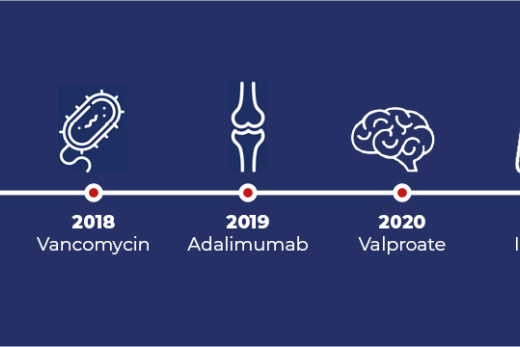Eindhoven
Vancomycin
SensUs 2018: In short
Summary
The exciting finals of SensUs 2018 took place at Eindhoven University of Technology on the 7th and 8th of September. Thirteen teams came together from North-America, Africa, Asia and Europe. The teams competed to inspire the public and convince the jury of the greatness of their biosensors for the detection of vancomycin, a last resort antibiotic.
The biosensors were tested by measuring antibiotics in blood plasma. The measurement results are available here and here. Visitors from all over the world watched the testing event live on the online SensUs Digital platform, featuring livestreams, pictures, and live data. Furthermore, everyone could vote for their favourite teams, to help them win the Public Inspiration Award. A total of 4000 people voted and the cumulative visitor count was 10 000, from over 80 countries.
The teams demonstrated their sensors and presented several live pitches. They were judged by an international, multidisciplinary jury on Analytical Performance (the best measurement of vancomycin in blood plasma), Translation Potential (probability that the concepts will make it into society), and Creativity (novelty of approach).
This year’s winner was team SenSwiss from Switzerland. They won 1st place in Analytical Performance and they were the runners-up for the Creativity and Translational Potential awards. Glasgow took home 1st place in Creativity and Belgium (Leuven) won the Translational Potential award. The team from Egypt took first place in the Public Inspiration award; receiving just enough votes to beat the runner-up, team T.E.S.T. from the Netherlands.
Besides the analytical testing, there were activities focused on entrepreneurship and interactions between students and partners. The students participated in an interactive program at the High Tech Campus. Through speeddates and workshops, companies and students got in touch with each other. The companies were able to educate the students in fields related to the development of biosensors, like microfluidics and product development, and meanwhile the students gave creative inputs.
Another new initiative was the SensUs Startups Event, with a programme of presentations, discussion and interviews. The goal of the Startup Event was to share experiences and inspire students and staff to create startup companies in the field of biosensing. The SensUs Startups concept will be further developed in the course of SensUs 2019.
Besides the competition for the student teams, we also hosted the High Schools Project. In the High Schools Project young talents (junior year, 5VWO) were encouraged to look into biosensing technology. We created a learning environment to stimulate the young students to be creative and to conceptualize their ideas. The High School students worked on a biosensor for the detection of MRSA, one of the most important bacteria that is treated with vancomycin. 4 teams of 3 high schools participated in this project. Students from the Van Maerlant Lyceum took home the first prize!
It was a fantastic week and we are proud to see the results of SensUs 2018. Now we are already looking forward to the next edition: SensUs 2019. The University of Lisboa from Portugal will join as 14th team. The teams will develop biosensors for the detection of adalimumab, a commonly used drug for the treatment of rheumatoid arthritis.
We thank all universities, partners, healthcare professionals, and public from all over the world for contributing to SensUs 2018 and we look forward to a great competition in 2019!

Facebook
YouTube
LinkedIn
Instagram